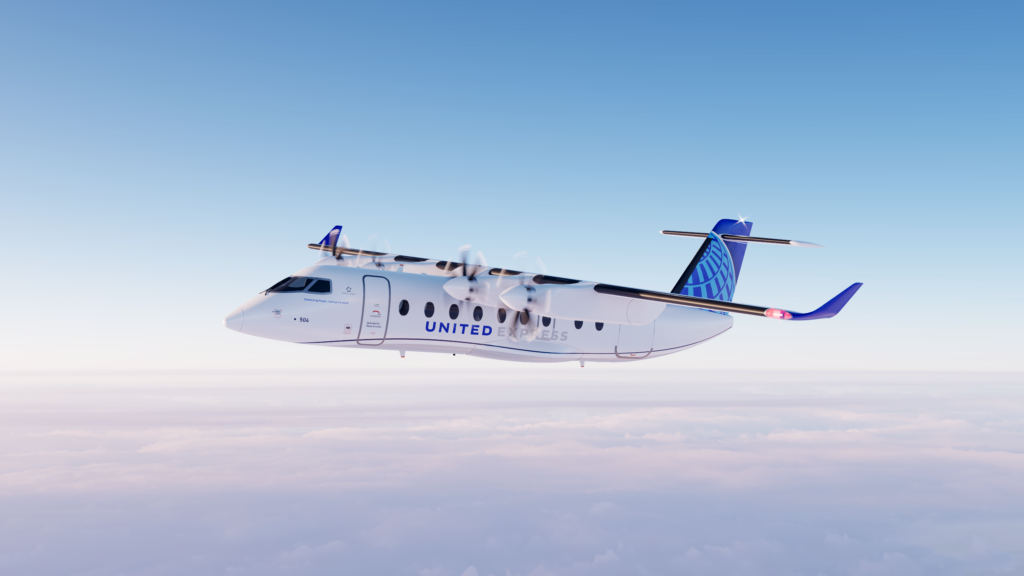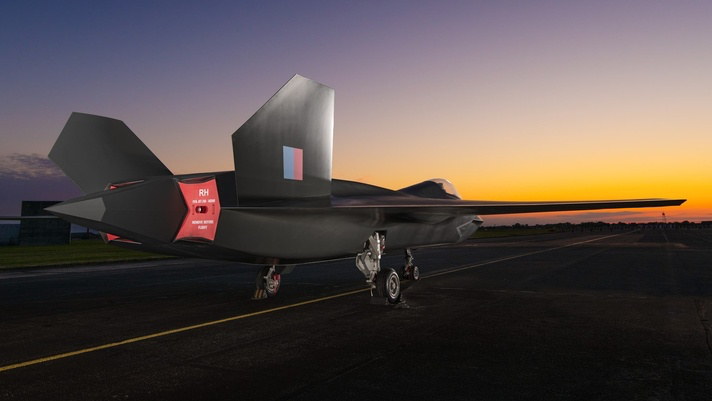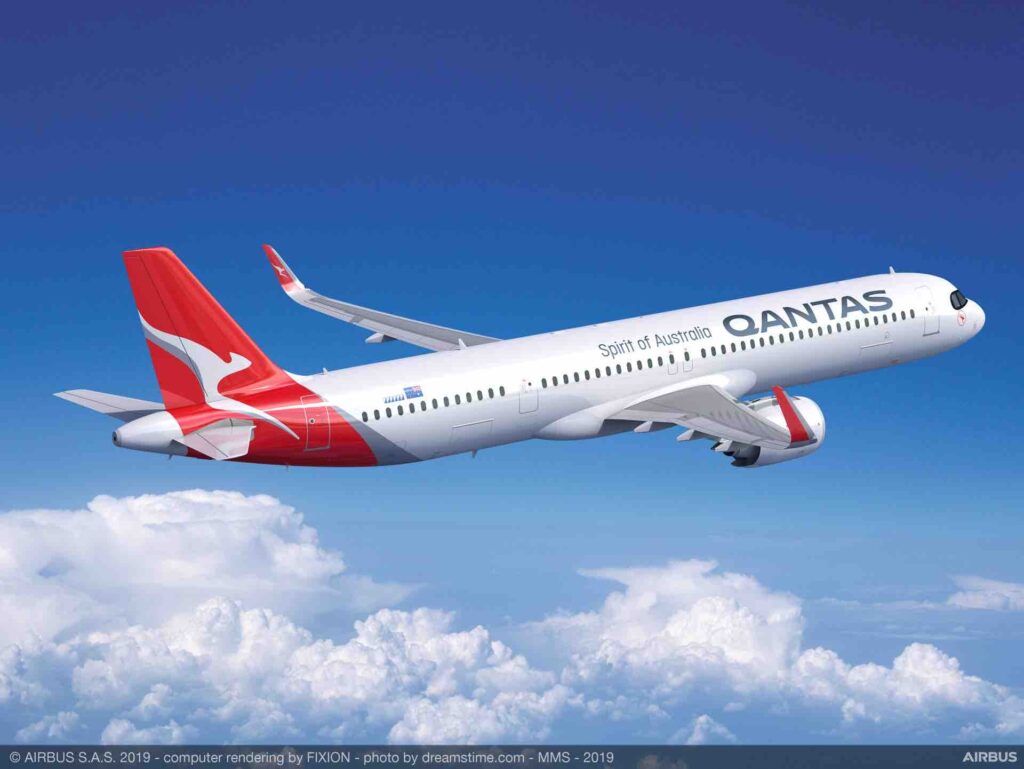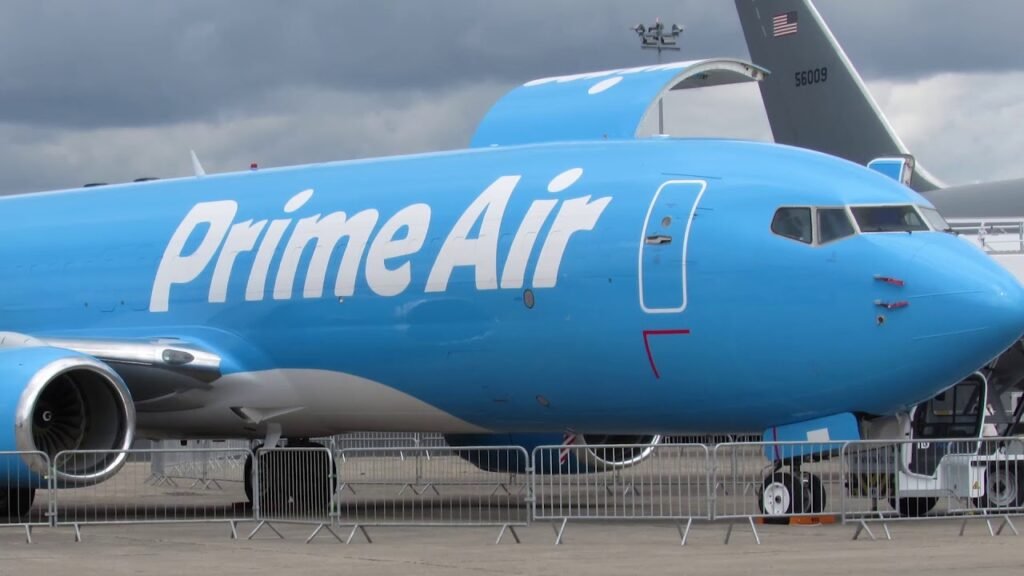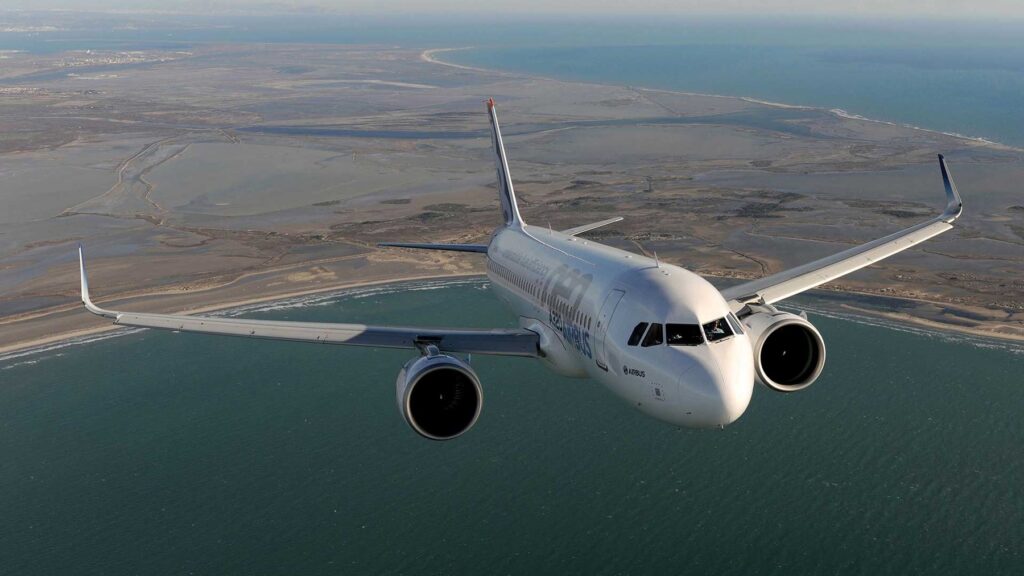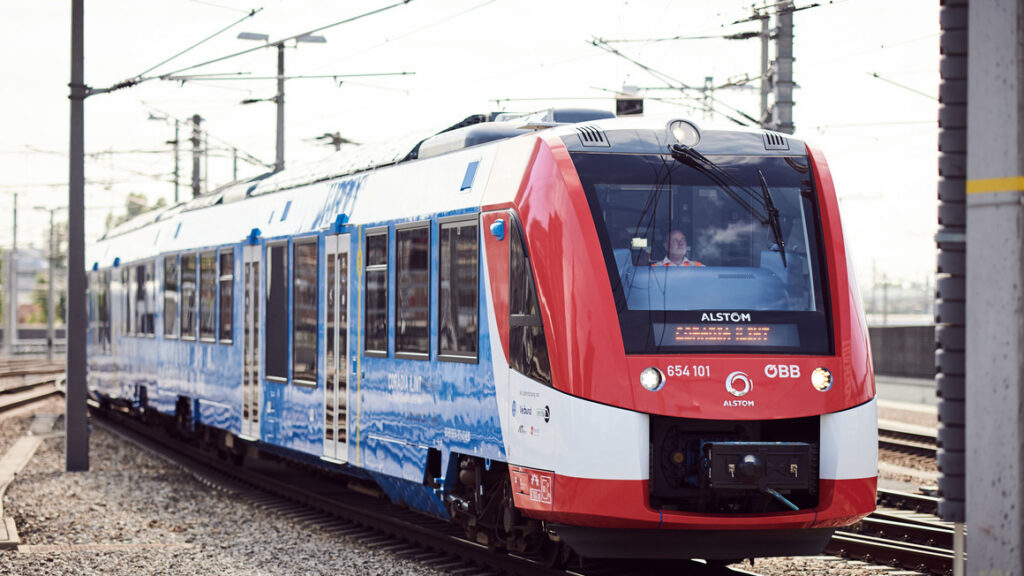Mitsubishi Heavy Industries Achieves Significant First Quarter Increase in Orders and Profit
Tokyo, Japan - Mitsubishi Heavy Industries (OTC: MHVYF) announced that order intake rose 75.1% year over year to 1.6 billion Yen in the quarter ended June 30, 2023. Revenue rose 12.9%, resulting in profit from…

